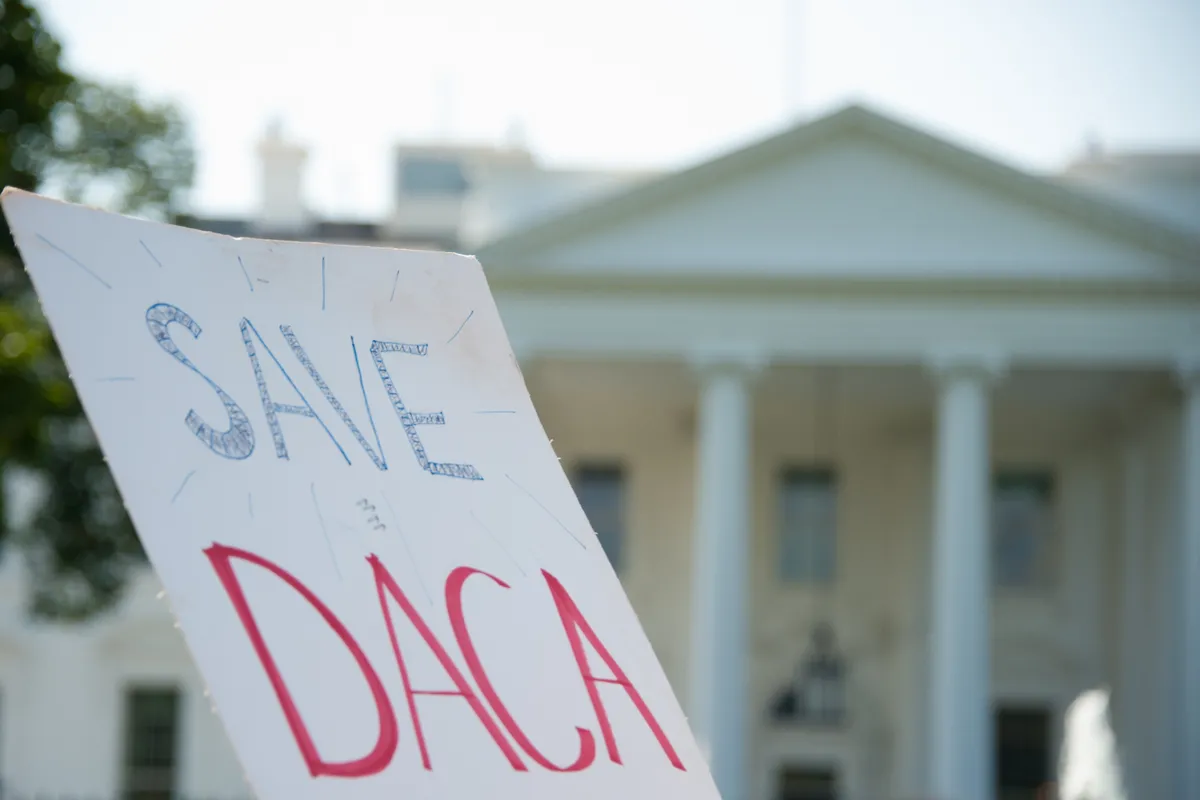“Ithaca College strives to be a private college that serves a public good, and supporting important efforts like this is critical to building and affirming inclusive, equitable learning communities and enriching our society as a whole,” said Collado. “I am proud to have joined such a dedicated group of higher education leaders in signing this brief and bringing Ithaca College into the conversation about issues that impact and illuminate our shared humanity.”
Equity and inclusion are two key elements of the college’s five-year strategic plan, Ithaca Forever. Specifically, the college seeks to be accessible and inclusive for all people, especially those impacted by systemic disadvantage, marginalization, and exclusion, including these children of immigrants, many of whom fled violence, corruption or poverty in their home countries.
“Our strategic plan intentionally places this institution on a path toward becoming a global destination for bold thinkers who are seeking to build thriving communities. A significant part of our ability to realize this vision is our commitment to embracing students from all walks of life, and recognizing the richness of their contributions to our community’s social and intellectual diversity,” Collado said.
DACA provided work authorization and protection from deportation to nearly 700,000 young people, enabling them to better support themselves and their families financially, build their careers and access higher education. If this vital program is rescinded, DACA recipients will lose their ability to work and study legally, will be forced from their jobs, and will be subject to immediate deportation. The Supreme Court should agree with what federal courts across the country have made clear: the administration’s decision to terminate DACA was unlawful and has caused irreparable damage to Dreamers and their families and loved ones.
Since 2012, DACA has been extraordinarily successful, offering temporary protection from deportation and the ability to work legally to more than 700,000 young immigrants who came to the United States as children. The program has benefited these Dreamers, including our students, their families, their communities and our economy tremendously. On September 5, 2017, the administration announced that they were terminating the DACA program, jeopardizing the futures of hundreds of thousands of young people. In the past two years, multiple courts have kept renewals ongoing for current DACA recipients, but Dreamers have still been forced to live court case to court case, uncertain about their futures and in fear of being separated from their families and the lives they have built over decades in the United States.
The future of DACA — and the futures of hundreds of thousands of Dreamers — will be argued at the U.S. Supreme Court on November 12. The Court could hand down a ruling as soon as February 2020 determining if Dreamers will lose the ability to live, study and work in the United States.
